The Making of a Fighter Ace: From Farm Boy to Flying Tiger
Greg Boyington, born in 1912, was destined for a life less ordinary. His early fascination with flying led him first to the Army ROTC and then to the Marines, where his natural talent for aviation quickly became apparent. Boyington’s thirst for action led him to join the legendary Flying Tigers in China, where he received a crash course in aerial combat against the Japanese. This experience would prove invaluable when he rejoined the Marines after the attack on Pearl Harbor.
Leading the Black Sheep: Pappy Takes Command
Boyington’s leadership skills were put to the test when he was assigned to command VMF-214, a squadron dubbed the “Black Sheep.” This colorful group was composed mostly of new recruits and replacements, pilots who had been passed over by other squadrons. Nicknamed “Pappy” due to his relatively older age, Boyington saw the potential in his team of “misfits.” Flying their iconic Vought F4U Corsairs, the Black Sheep, under Boyington’s guidance, became one of the most successful fighter squadrons of World War II.
28 and Counting: A Legacy in the Clouds
Boyington’s personal skill as a pilot was undeniable. He officially shot down 27 enemy aircraft, securing his place as a Marine Corps ace. However, some debate exists surrounding a potential 28th victory, possibly stemming from his time with the Flying Tigers – victories not officially counted towards his Marine Corps record. Regardless, Boyington’s aggression and unorthodox tactics in the air made both him and the Black Sheep Squadron legendary.
Shot Down But Not Out: A Test of Endurance
In 1944, during a mission over Rabaul, New Britain, Boyington’s luck ran out. His Corsair was shot down, and he was captured by the Japanese. He spent the next 20 excruciating months as a prisoner of war. The conditions were brutal, but Boyington’s spirit, much like the spirit of many veterans who endure the unimaginable, did not break. Fellow prisoners later attested to Boyington’s leadership during captivity, suggesting that his strength and determination inspired many to hold onto hope.
Back to Base: A New Kind of Battle
When the war ended, Boyington returned home a hero, his name forever etched in Marine Corps history. Yet, the transition to civilian life was far from seamless. Like many veterans, Boyington struggled with the invisible wounds of war, battling alcoholism and the psychological scars of combat. His autobiography, “Baa Baa Black Sheep,” offered a candid glimpse into both his wartime heroism and the challenges he faced upon returning home. This raw honesty, coupled with his undeniable bravery, made Boyington a relatable figure, a reminder that even the most celebrated heroes face their own personal battles.
An Unlikely Bond: Finding Peace in the Aftermath
One of the most remarkable chapters in Boyington’s life unfolded years after the war. He developed a friendship with Masajiro “Mike” Kawato, a former Japanese ace pilot. Some believe that Kawato was the very pilot who shot down Boyington’s plane over the Pacific, though this claim has never been definitively proven. Regardless, the bond they formed stands as a powerful testament to the possibility of reconciliation and shared humanity, even between former enemies who once faced each other in the skies above a brutal conflict.
Why Boyington Still Matters: A Legacy of Courage and Complexity
Greg “Pappy” Boyington’s story continues to captivate and inspire. He was a study in contradictions – a fearless warrior who struggled with inner demons, a celebrated hero who never shied away from revealing his flaws. Boyington’s life underscores the complexities of heroism, reminding us that courage is not the absence of fear, but the ability to overcome it. His leadership, first as a Flying Tiger, then as the head of the Black Sheep Squadron, exemplifies the extraordinary things that can be accomplished when individuals defy expectations and work together towards a common goal. Greg “Pappy” Boyington remains an icon, not in spite of his flaws, but because of them. He was, and continues to be, a testament to the enduring strength of the human spirit.
The Black Sheep Squadron: Defying Expectations, Leaving Their Mark
The Black Sheep Squadron, officially designated VMF-214, became a legend in their own right. Initially dismissed as a group of misfits and cast-offs, this ragtag band of pilots, under Boyington’s unconventional but effective leadership, defied the odds. During their short but impactful tour of duty, lasting only 81 days, the Black Sheep managed to shoot down an astounding 94 Japanese aircraft. This remarkable kill-to-loss ratio, achieved in the grueling conditions of the Pacific Theater, solidified their place in Marine Corps history.
More Than Just Numbers: A Legacy of Tenacity and Teamwork
The Black Sheep Squadron’s achievements went beyond mere statistics. Their aggressive style, their willingness to push boundaries, and their unshakeable belief in one another, even when others doubted them, became hallmarks of their legacy. Popularized by the television series “Baa Baa Black Sheep”, their story, though often embellished for dramatic effect, continues to resonate with audiences, reminding us that greatness can emerge from the most unexpected places. The Black Sheep exemplify the power of camaraderie, determination, and a refusal to accept limitations.
If you are interested in other historical figures, you may enjoy reading about James Hepburn, 4th Earl of Bothwell, a fascinating figure from Scottish history.
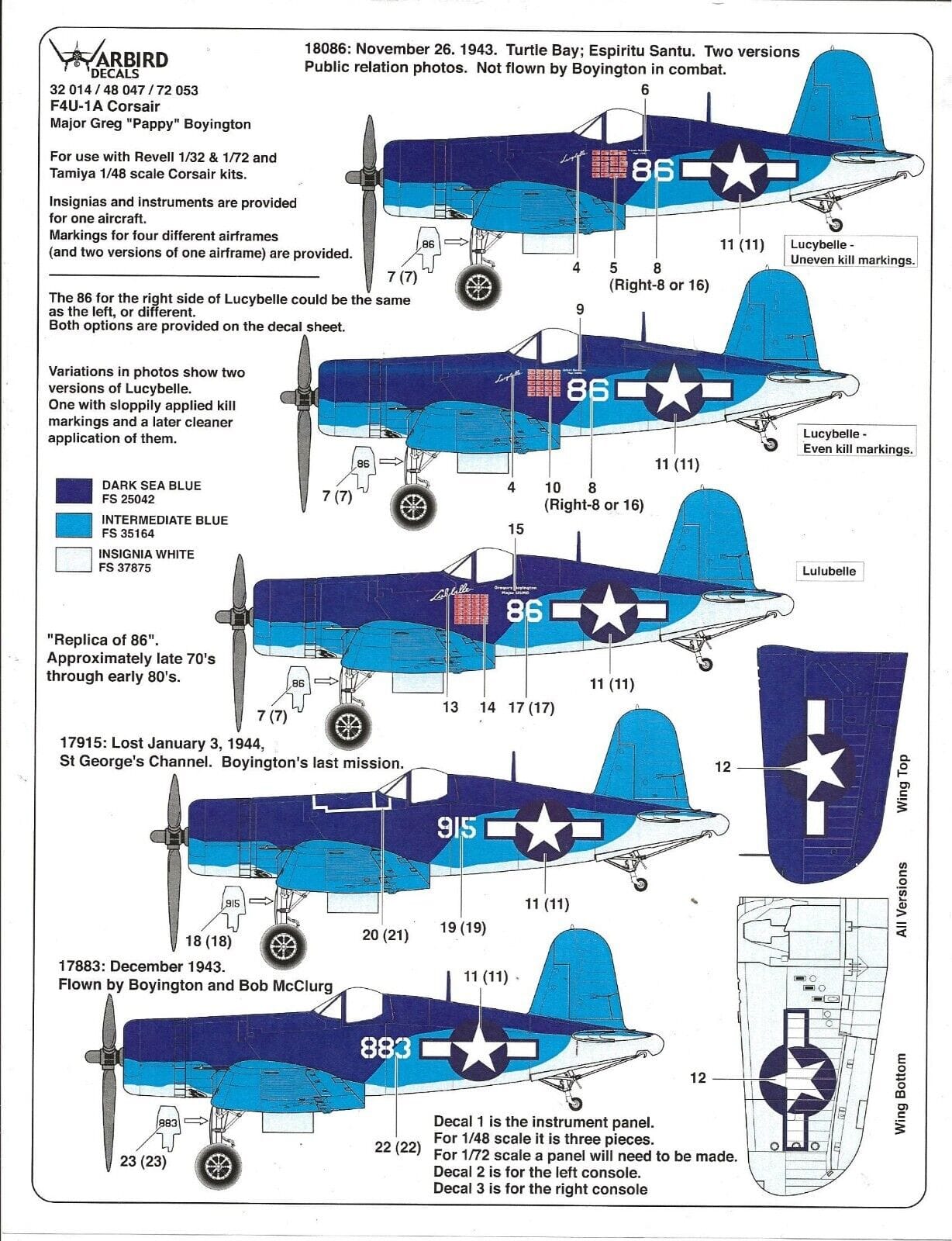
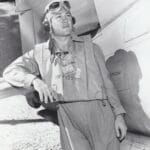

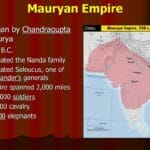
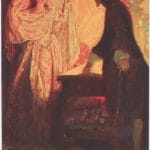
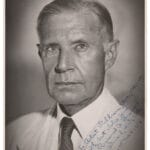
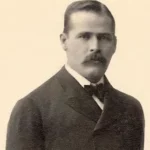






2 thoughts on “Greg Pappy Boyington: The Daring Exploits and Troubled Life of a WWII Fighter Ace”
Comments are closed.